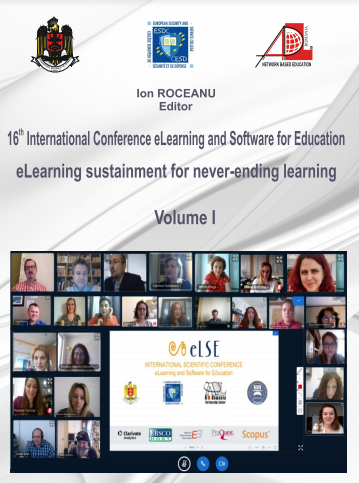DIGITAL TEACHER COMPETENCES: MAIN LESSONS AND FUTURE CHALLENGES
DIGITAL TEACHER COMPETENCES: MAIN LESSONS AND FUTURE CHALLENGES
Author(s): Nicoleta Duţă, Elena CanoSubject(s): Higher Education , ICT Information and Communications Technologies, Distance learning / e-learning, Pedagogy
Published by: Carol I National Defence University Publishing House
Keywords: Digital competence; training programs; Higher Education; skills; challenges;
Summary/Abstract: The article presents a review literature and of different frameworks for teachers 'digital competence. Many countries, concerned by the digital skills of their youth, have realized that the development of digital competence requires optimal formation by teachers. For this reason, many have carried out initiatives to ensure that teachers have an adequate level of Digital Competence in order to guarantee the development of school-aged children's digital competence. On International and national level, several frameworks, training programs have been developed to describe the facets of digital competence for teachers and to help them assess their competence, identify their training needs and offer targeted training: European frameworks (France and European Commission), American frameworks (USA and Chile), Australian framework; Asian framework (Republic of the Philippines), Spanish-American framework (Eurolat) and international frameworks (UNESCO and EPICT) etc. In Spain, the Ministry of Education, Culture and Sport has elaborated a Proposal for a common digital framework for teachers (2014, 2017) in line with the proposal generated by the center of investigation Joint Research Centre, from the European Commission which published in June 2016 the 2.0 version of the DigComp Project results, within the European framework on citizens' digital competence. From the conceptualization of the competences, we analyze the implications that this new approach generates on the work of the professorship and we distinguish the main lessons that a common framework of the digital competences must have to efficiently utilizing results of the literature review in universities, it concludes with suggestions for future challenges.
Journal: Conference proceedings of »eLearning and Software for Education« (eLSE)
- Issue Year: 16/2020
- Issue No: 01
- Page Range: 319-326
- Page Count: 8
- Language: English

